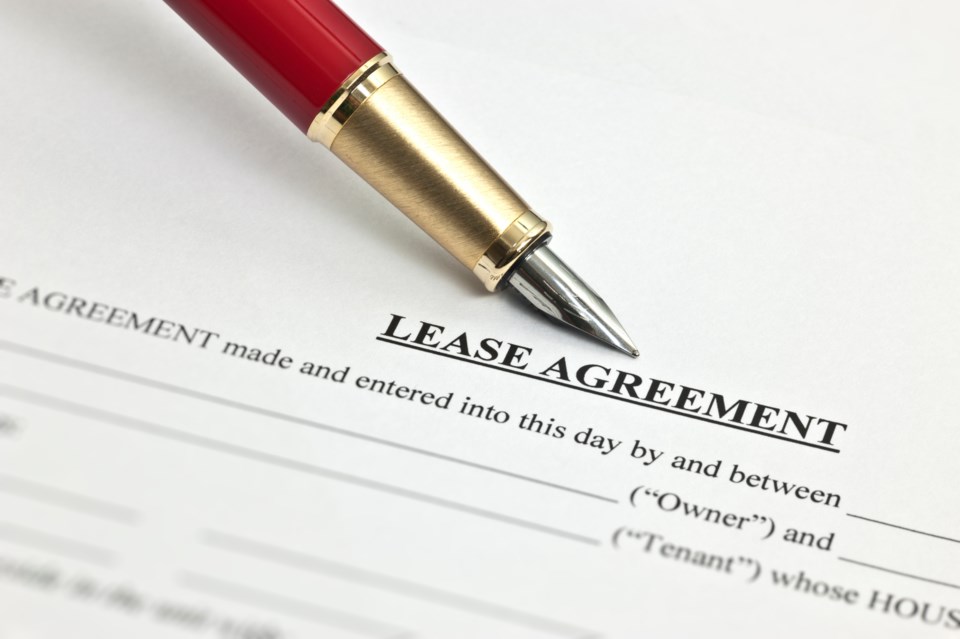It is important for renters to know their rights during their tenancy period with any housing provider in B.C.
That was the message of a recent online seminar hosted by British Columbia's Office of the Human Rights Commissioner (BCOHR).
This ensures accountability and safety for tenants, especially when a housing provider may dismiss a tenant’s request for maintenance or upgrades that directly affects their quality of life, attendees heard.
If a tenant is a racialized or marginalized person, understanding how the B.C. Human Rights Code protects them is crucial for their mental and physical well-being, says the commissioner's office.
It's worth noting that “if there is conflict between the code and any other provincial legislation, the code permits.”
How does the Human Rights Code protect tenants?
There are three separate sections of the code: tenancy (Section 10), strata council-specific services (Section 8), and purchase of property (Section 9).
Housing providers, like landlords, property sellers, strata, co-ops, “have a legal responsibility under the Human Rights Code to respect protect, fulfil the human rights of their tenants,” according to the BCOHRC.
In short, a landlord cannot refuse to rent an apartment to a prospective tenant because of their place of origin, or any other “protected characteristics.”
What are “protected characteristics”?
The code protects certain parts of an individual’s identity, which means that any harmful treatment of these personal characteristics from anyone is grounds for discrimination, or “protected characteristics.”
These characteristics include age, family status, marital status, physical disability, mental disability, race/ethnicity/ancestry, Indigenous identity, sex, gender identity or expression, sexual orientation, religion, criminal conviction, political belief, and source of income.
But when it comes to housing tenancy, the code protects every characteristic except criminal conviction and political belief. Criminal conviction is only protected in employment or union membership. And political belief is only protected in employment.
For example, if a tenant requires a ramp to access their home due to their physical disability, their housing provider has a legal responsibility to accommodate that request. If they do not, it is grounds for discrimination because it directly affects the tenant's ability to have a quality of life — even if the landlord did not intend to create harm.
Who do I go to if I want to complain about discrimination?
In B.C., there are three avenues: BC Human Rights Tribunal, BC Human Rights Clinic, and BCOHRC.
BC Human Rights Tribunal is the main decision-making body that listens to complaints and forms a decision under the code.
BC Human Rights Clinic provides legal advice and representation to people who want to make a complaint to the Human Rights Tribunal.
BCOHRC addresses the root causes of inequality, discrimination, and injustice by shifting laws, policies, practices and cultures through education and advocacy.
All human rights complaints can go through BC Human Rights Tribunal and BC Human Rights Clinic. But for individuals who want legal representation for their complaint, the clinic is a good option because they offer free service and have human rights lawyers or legal advocates available.


